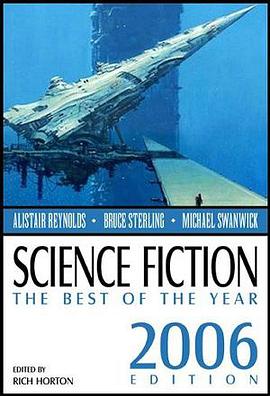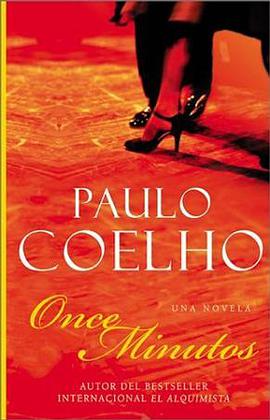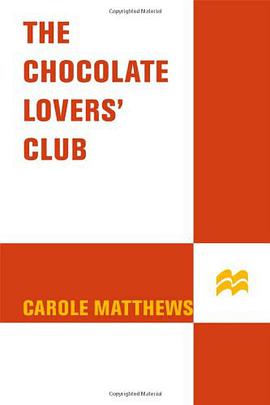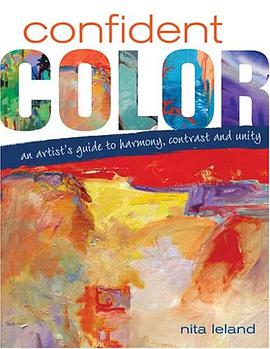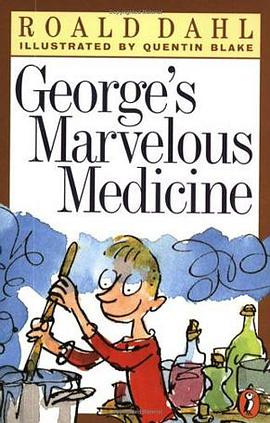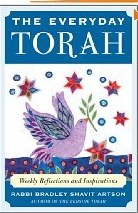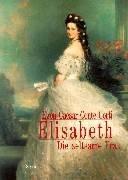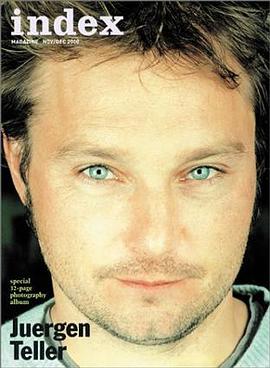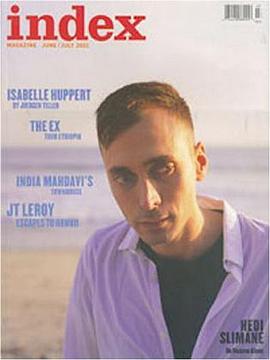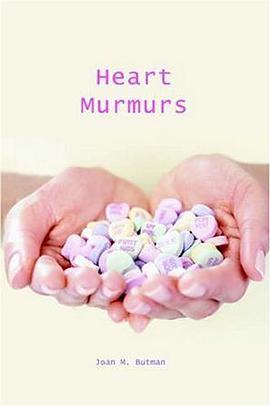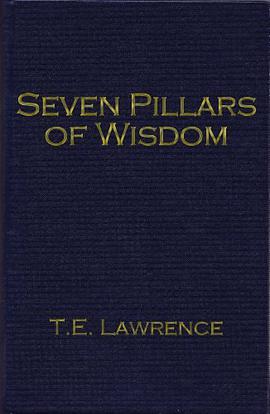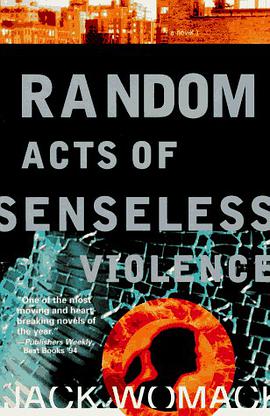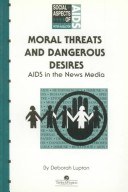

Since 1981, AIDS has had an enormous impact upon the popular imagination. Few other diseases this century have been greeted with quite the same fear, loathing, and prejudice against those who develop it. The mass media, and in particular, the news media, have played a vital part in "making sense" of AIDS. This volume takes an interdisciplinary perspective, combining cultural studies, history of medicine, and contemporary social theory to examine AIDS reporting. There have been three major themes dominating coverage: the "gay-plague" dominant in the early 1980s, panic-stricken visions of the end of the world as AIDS was said to pose a threat to everyone, in the late 1980s; and a growing routinising of coverage in the 1990s. This book lays bare the sub-textual ideologies giving meaning to AIDS news reports, including anxieties about pollution and contagion, deviance, bodily control, the moral meanings of risk, the valorisation of drugs and medical science. Drawing together the work of cultural and political theorists, sociologists and historians who have written about medicine, disease and the body, as well as that of theorists in Europe and the USA who have focused their attention specificaiiy on AIDS, this book explores the wide theoretical debate about the importance of language in the social construction of illness and disease. This text offers insights into the sociocultural context in which attitudes towards people with HIV or AIDS and people's perceptions of risk from HIV infection are developed and the responses of governments to the AIDS epidemic are formulated.
具体描述
读后感
评分
评分
评分
评分
用户评价
相关图书
本站所有内容均为互联网搜索引擎提供的公开搜索信息,本站不存储任何数据与内容,任何内容与数据均与本站无关,如有需要请联系相关搜索引擎包括但不限于百度,google,bing,sogou 等
© 2025 book.wenda123.org All Rights Reserved. 图书目录大全 版权所有



